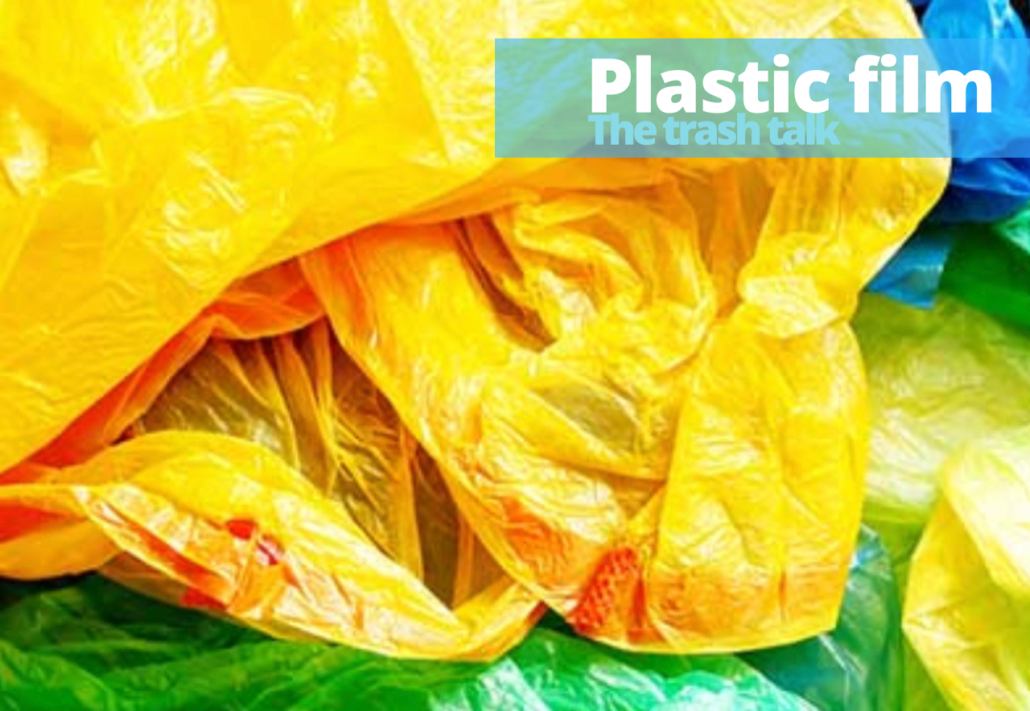The trash-talk about recycling film
By: Ella Moseley
Plastic film is thin polyethylene plastic, most often used for packaging and bags, especially for retail use. A majority of plastic film waste contains the recycling symbol and is advertised to be “recyclable at store drop off locations.” Jan Dell, founder of The Last Beach Cleanup explains that this labeling confuses consumers and makes them think they can just put plastic film items in the provided bins. To make matters worse, oftentimes the recycle bins at these store drop offs are so contaminated with other garbage that they can not be recovered.
Many companies are working to produce plastics that can be remade, but money is a big hurdle for them. Recycling old plastics and making them into new products is a much more expensive process than buying new plastic.
On July 19, CBS News correspondent Meg Oliver met with a New Jersey pilot program, “trying to help consumers get it right when it comes to plastic film.” On the first Wednesday of every month, six utility workers drive around Red Bank, New Jersey, in search of white buckets containing plastic film. They transport this plastic to a recovering facility, where it is sorted and bundled for the final steps of processing. The program was designed to help soft plastics, like bags and wrap (which can usually not be recycled), go to the correct place. However, in the segment, quite a few problems become apparent with the system.
In the factory, there are many plastic bags mixed in with other paper and cardboard in the recycling piles. These plastic bags create a big problem for the workers because they get caught in the machines. According to the operations manager, Carlos Batista, “it can be very detrimental to the machines.” The system needs to be shut down for two hours every day because of this, and Batista says it can “cause fire or mechanical damage.” This is not the only problem. According to Jan Dell, “there is no evidence that this stuff is actually getting recycled.” After CBS’ visit to Red Bank, the plastic film collected was still waiting to be accepted by a processor. CBS’ Meg Oliver even mentions that she covered this same problem on the show three years ago, yet nothing has changed.
For now, the best solution for this problem is to put your plastic film waste in the trash, because putting it in the recycling can do more harm than good.
“We have inconsistent guidelines, lack of consumer education, and really a confusing process where most consumers don’t know what goes in the bin.” – Joshua Baca with the American Chemistry Council
Sources:
Letter to Governor and Attorney General
More Information:





